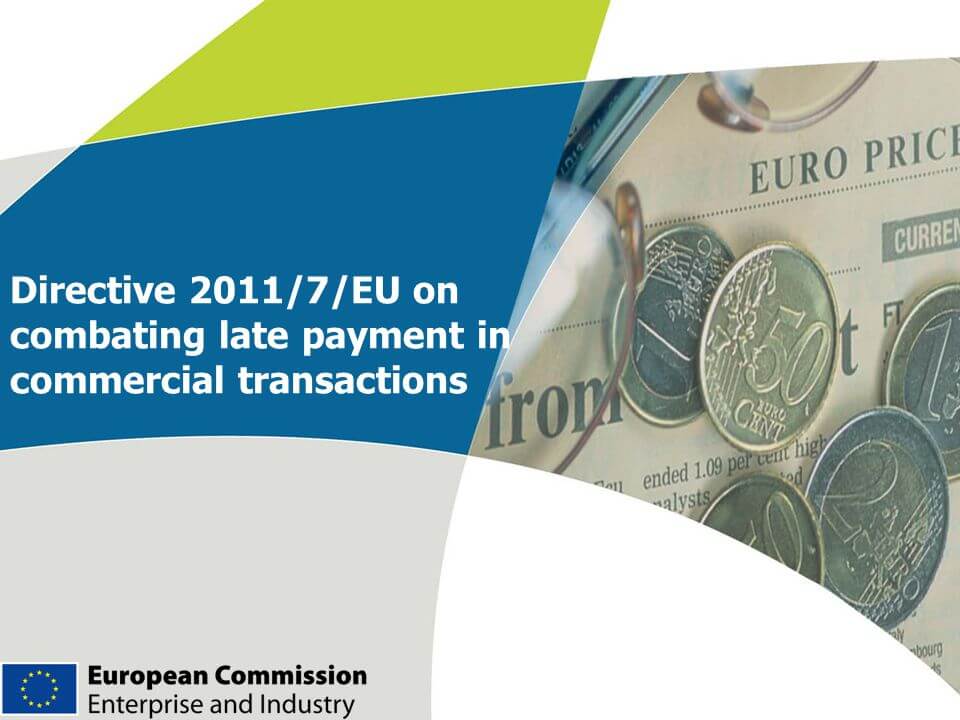Brexit and debt collection
4D Contact, Global Debt Recovery and Credit Management ServicesWritten by Heather Leveton
Read it in 5 minutes
 1200
627
1200
627
Written by Heather Leveton
Read it in 5 minutes
Heather Leveton
Written by Marketing Director of International Debt Recovery & Credit-Control provider 4D Contact. With a CV which includes Marketing and Managing Director roles within Time Warner businesses, Heather has experience in developing and implementing strategic business plans that meet financial targets and deliver long-term business growth. She played a key role in building market-leading premium TV brands such as Band of Brothers, The Sopranos and Friends in the UK and also in heading up HBO's expansion into the International home entertainment market.
23 June 2021
After some rather long and protracted negotiations, on 24th December 2020 the UK and the European Union finally agreed a deal that would define their future relationship. This Trade and Cooperation Agreement came into effect on 31 December 2020. However, despite its extensive breadth of coverage and detail, it did not include a future framework for cross-border disputes. This means that as of January 1st, 2021, the robust legal framework which governed cross-border disputes, including collecting what is owed, between the UK and the EU no longer exists and has not yet been replaced by any similar legislative arrangement. This article takes a look at Brexit and debt collection – how the UK/EU deal will impact businesses who need to recover monies from within the EU.
Prior to Brexit, a major benefit of being part of the EU is that business owners could use EU legislation if they were chasing payment from a customer based within it. The Late Payment Directive 2011/7/EU, European Payment Order (EPO), European Small Claims Procedure & European Account Preservation Order (EAPO) established clear policies regarding cross border payments and simplified procedures to help companies easily pursue monetary claims between two member states.
In addition, the Rome I and II Regulations, Brussels Regulation and the Recast Brussels Regulation legislatures were established to provide parties with certainty on where they could sue and be sued. In general, they dictated that a defendant should be sued in the courts of the country in which they were based unless they had a specific agreement in favour of the courts of another EU member state. These key pieces of judicial legislation, along with the Lugano Convention also agreed mutual recognition and enforcement of judgments of one EU member state in another member state.

With the majority of EU legislation relating to the resolution of cross-border disputes no longer applicable in the UK, whilst cross-border claims are not impossible, it will certainly be more complicated, take more time, potentially cost more and require more expertise to navigate. Parties will now have to rely on a mixture of common law rules, national rules of the remaining EU member states and various international Conventions.
Under the Withdrawal Agreement, EU law will continue to apply to legal proceedings ‘instituted’ before the end of the transition period and to the recognition and enforcement of judgments given in legal proceedings before the end of the transition period.
To support contracts entered into after the end of the transition period, the UK has now acceded to The Hague Convention on Choice of Court Agreements 2005 as an individual nation – it had been part of the Convention since 2015 as an EU Member State. Working on a similar principle to Rome I & II, The Hague Convention enables parties from signatory countries to contractually agree the exclusive jurisdiction of the courts of another signatory state. This not only means any disputes can be held in the courts of whatever state is agreed by contract, but that the other signatory countries agree to provide reciprocal recognition and enforcement of any court ruling.
If an exclusive jurisdiction clause is in place, The Convention will apply to the enforcement of any judgment after the end of the transition period. However, if the contract does not include an exclusive jurisdiction clause disputes will be dealt with according to existing UK common law rules and statutes, and/or the national law of the relevant EU member state.
On 8 April 2020, the UK government formally made an application to accede to the Lugano Convention an agreement which currently operates between the EU and Iceland, Norway and Switzerland. Wider in scope than the Hague Convention, The Lugano Convention applies to contractual relationships with non-exclusive or one-sided jurisdiction clauses in addition to exclusive jurisdiction clauses. UK accession would enable a simpler, faster and less costly reciprocal jurisdiction and enforcement regime between the UK and the EU. However, whilst the three non-EU Lugano signatories have already consented to the UK’s accession request, the EU is yet to agree to their accession.

Post Brexit, with no formal jurisdiction and enforcement agreements in place, cross-border disputes, including debt collection between the UK and any EU Member States will be more complicated. For those pursing debts, the loss of access to both EU payment legislation and the European E-Justice online claims processes will certainly increase costs and timescales – with a strong likelihood of needing to access local advice in order to pursue a claim.
Without question any new commercial contract should include dispute resolution and governing law clauses to make clear which courts are to have jurisdiction in the event of a dispute and which law is to govern the contract.
4D Contact have extensive experience in supporting our blue-chip clients with credit-control and debt collection across the globe. With offices in the UK, Spain and Ireland and highly trained legal agents on the ground in over 120 countries, if you are looking for support with your global collections we can provide you with high-touch solutions that deliver quantifiable results. Contact us now at sales@4dcontact.com or on 020 37691487 for a no-obligation quote.
![[TOFU offer] eBook – A C-Suite executive’s guide to Delivering successful order-to-cash transformation](https://www.4dcontact.com/wp-content/uploads/2019/08/img-ebook-preview-order-cash-transformation.png)
A review of the considerations and tactics critical to achieving successful transformation within your order-to-cash function
Download free guide